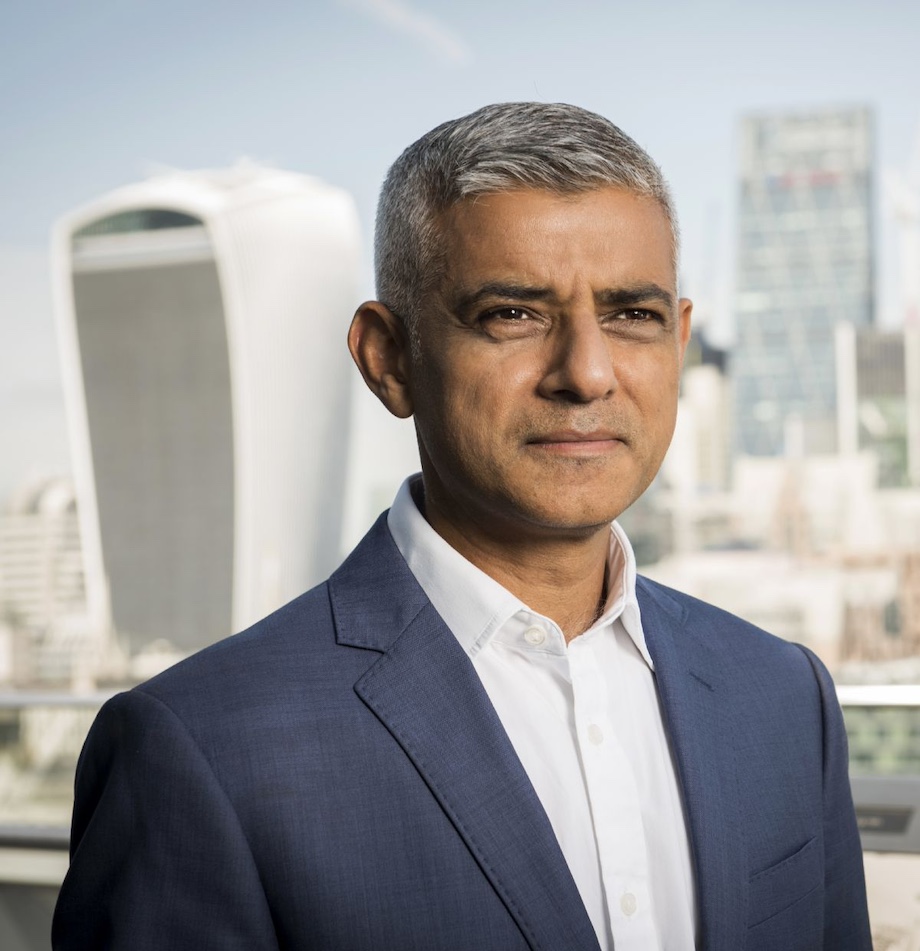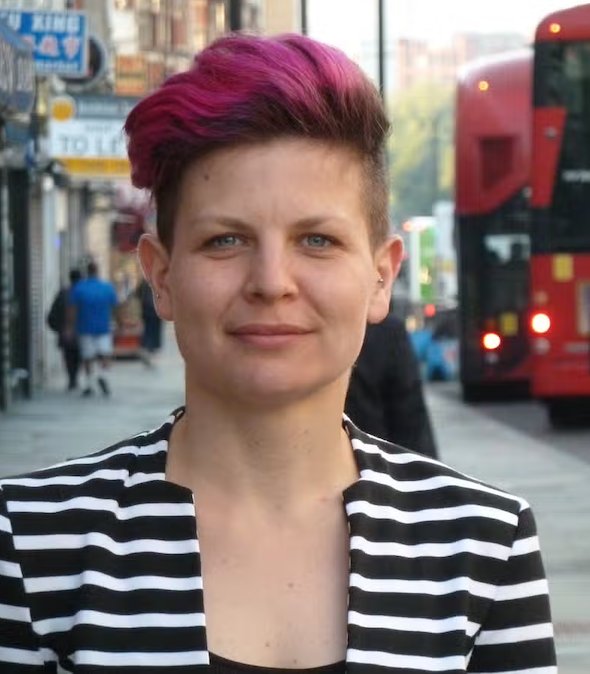Today Londoners have the opportunity to vote for their next mayor.
There are different stances regarding electromobility, despite the need to phase out diesel and invest properly in electric charging infrastructure in the city.
A study conducted by One Sure Insurance found that London is the most prepared region to meet the 2030 targets, with 1,905 chargers per 100,000 registered vehicles.
However, these numbers fall short of the government’s target, which states that all new cars must be electric by 2035, making it crucial for the metropolis to have an authority that supports measures to incentivize sustainable mobility.
What does each candidate think? Below, Mobility Portal Europe shares the details.
Rob Blackie

Blackie, from the Liberal Democrat Party, would prioritize the installation of solar panels on citizens’ rooftops and the increase in the number of electric vehicle charging points.
According to his statements, London would be lagging behind in environmental matters, with Mayor Sadiq Khan at risk of missing his climate targets by up to ten years.
Among the proposals presented is the development of a renewable energy scheme in the city, where residents could receive up to 500 pounds to install panels, in exchange for allowing the government to sell the generated electricity back to the grid.
Additionally, there is the suggestion of using the “London Plan” to encourage the placement of renewable energy systems, as well as implementing a tax on private flights to fund public transportation.
In the past, Rob Blackie has been involved in environmental issues, as he participated in the launch of a recycling company and worked for the United Nations Framework Convention on Climate Change.
Sadiq Khan

In his manifesto, the Labour Party incumbent commits to improving London’s transport infrastructure by advocating for an increase in both the quantity and cleanliness of trains and buses.
Additionally, he promises to expand the availability of electric vehicle charging points and improve bicycle parking facilities throughout the city.
It is worth noting that Khan has been the Mayor since 2017, being reelected in 2021.
This gives him the advantage of having achieved certain ecological milestones, such as the introduction and expansion of the Ultra Low Emission Zone (ULEZ).
He has also introduced new electric buses and taxis.
However, Khan was criticized for moving forward with the Silvertown Tunnel, a new four-lane road tunnel under the River Thames in East London, which would increase air pollution and worsen public health in some of the city’s poorest areas.
Susan Hall

The Conservative Party candidate announced in the launch of her manifesto that her administration would set aside plans to expand the ULEZ and halt the implementation of a pay-per-mile system.
Hall stated that, from the first day of her tenure, she would also remove some Low-Traffic Neighbourhoods (LTNs), with the aim of ending what she called “the war on motorists.”
She also intends to encourage car usage, despite London already facing high levels of traffic and being one of the most congested cities in the world.
How does Susan Hall intend to do it?
By removing the 20 mile per hour speed restrictions in some areas, expanding the Night Tube service on four additional lines, and reinstating the Freedom Pass and the Oyster card for over 60s during morning peak hours.
Zoë Garbett

Zoë Garbett‘s manifesto, representing the Green Party, received a notably high rating from Greenpeace, scoring 34 out of 42 points.
This is mainly because she would have an ambitious plan to promote greener transportation, as well as to improve energy efficiency and increase the implementation of renewable energies.
Garbett, who leads the Hackney Green Group, has served as a councillor in South Dalston since 2022.
Firstly, her proposal would involve eliminating combustion engine traffic in the capital’s centre by 2028, if elected.
Among the proposed measures would be, in turn, to review with Transport for London (TfL) the best way to transition to a zero-emission bus fleet for that period, followed by the modernisation of trains.
Additionally, a plan of action would be created to ensure that all electricity purchases by TfL and the Greater London Authority (GLA) are carbon-neutral.
Likewise, Garbett proposes to work with local authorities to develop a clear strategic plan for the implementation of fast and affordable charging points throughout the city.
Furthermore, it would be required for all car clubs and company salary-sacrifice schemes for commuters to only use electric cars.
Lastly, another key provision would be to cancel any new tunnel and river-crossing projects for motor vehicle traffic, diverting the funds towards sustainable transport projects and cleaner streets.
Read more: UK companies invest £100m to finance up to 250 zero emission buses








